A prize for the best Young Adult fiction from the UK and Ireland
Don't wanna be here? Send us removal request.
Photo
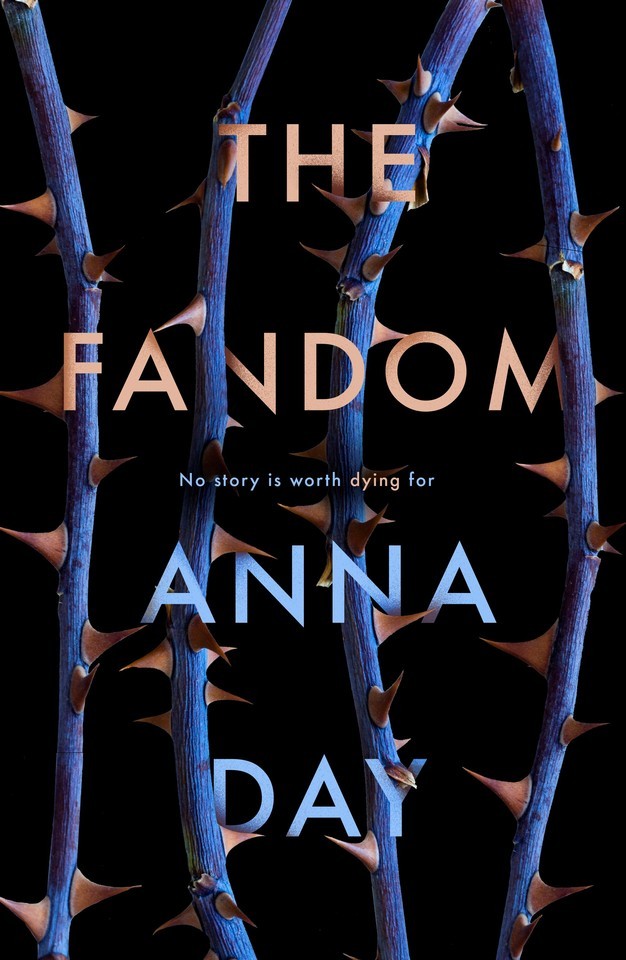
Anna Day’s YA novel Fandom is published next month. She blogs about writing it here.
#anna day#fandom#join the fandom#ya#ukya#young adult#books#writing#ya books#ukya books#young adult book
2 notes
·
View notes
Photo
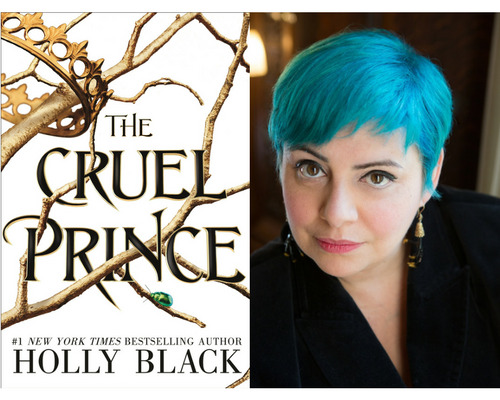
Holly Black’s new book The Cruel Prince is coming out soon! She spoke to us about writing it here.
#Holly Black#The Cruel Prince#The Folk of the Air#Magisterium#The Spiderwick Chronicles#YA#fantasy#books#ya books#young adult
3 notes
·
View notes
Text
Attention all budding writers!
As an early Christmas treat to aspiring writers and to celebrate its tenth year, Chicken House is extending the deadline for this year’s Times/Chicken House Children’s Fiction Competition to Wednesday 20th December 2017.
The annual competition offers unpublished and unagented writers all over the world the chance to submit their work to Chicken House’s team of readers. One talented writer will win a worldwide publishing contract with Chicken House with a royalty advance of £10,000. To enter, writers must have written a completed full-length novel suitable for children or young adults aged somewhere between seven and 18 years old.
The competition has sparked the careers of many successful children’s authors, such as Sophia Bennett, Tom Ellen and Lucy Ivison, and Anna Day.
You can find out more about the competition on the Chicken House website. Good luck!

2 notes
·
View notes
Photo

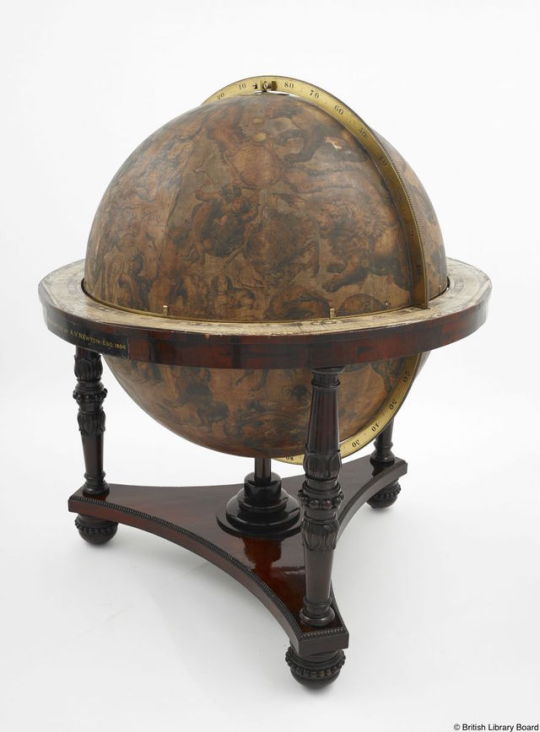
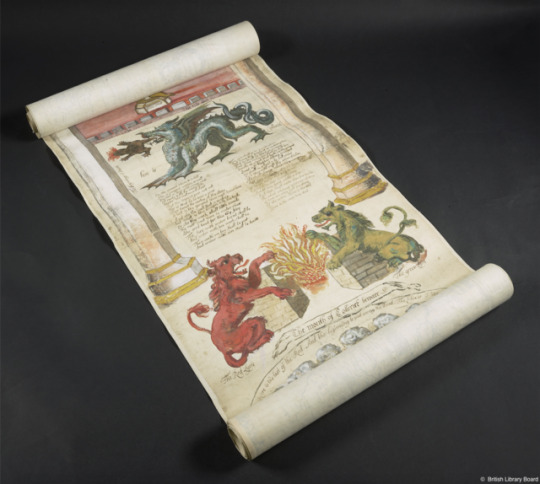
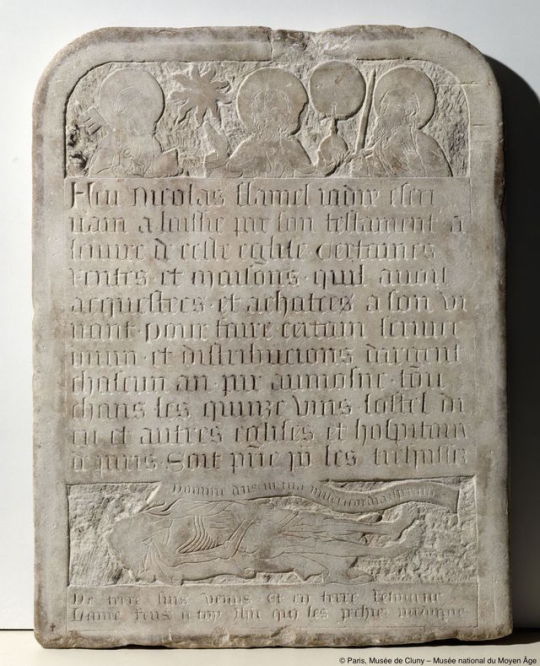
The British Library’s Harry Potter: A History of Magic exhibition opens today! You can take a sneak peek at what to expect here and read our review of it here.
1 note
·
View note
Photo
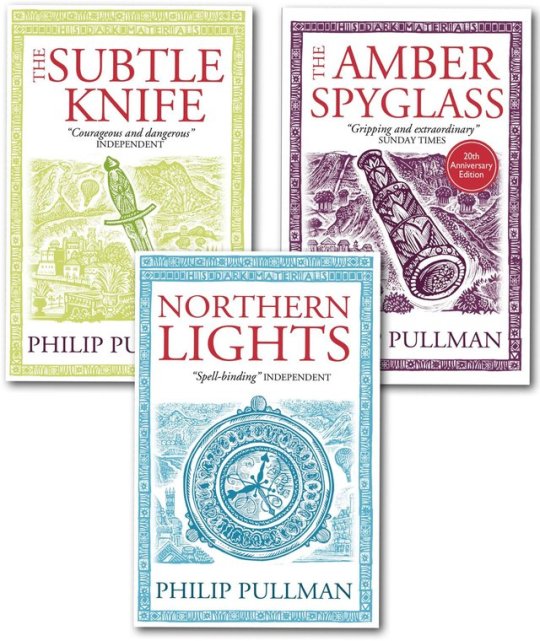
We’re so excited for the release of Philip Pullman’s La Belle Sauvage later this week! Authors Louise O’Neill, Kiran Millwood-Hargrave, Peadar O’Guilin, Juno Dawson, Non Pratt, Katherine Rundell and Katherine Woodfine share what the His Dark Materials series means to them here.
#Philip Pullman#His Dark Materials#Northern Lights#The Subtle Knife#The Amber Spyglass#The Book of Dust#Book of Dust#La Belle Sauvage
0 notes
Photo

Publisher, submissions for the YA Book Prize are open now. You can see the full terms and conditions here. We’re excited to see your entries!
0 notes
Text
What do we want? Diverse YA!
YA Shot intern Tia Amstrong explains why readers and publishers need more diversity in YA books:
“Last year, fewer than 100 out of the 184,000 new titles published in the UK were written by BAME writers. Unlike many of my friends, I didn’t find this figure surprising, as I have been aware of the lack of diverse books since my early teens.
Malorie Blackman’s Noughts & Crosses was one of the few YA books I read as a teen that explored racism and was written by a black British woman. The strong and smart protagonist mirrored many of the black girls I knew, but had never before been able to read about. For the first time I felt validated by a story and its characters, and I longed to read other books like it, but there weren’t enough of them. There still aren’t.
I recently asked my teenaged sister if she feels represented by any of the characters in the many books she picks up from her school library. She answered with The Cheetah Girls, a series that began nearly 20 years ago. For a long time African American authors have had a monopoly on depicting black experiences, despite the fact that black Brits (and other black people around the world) have distinct cultures of their own. I really appreciated the 2017 YA Book Prize winner, Orangeboy (by Patrice Lawrence) because the protagonist, his best friend, and even his older brother seemed like real people I could bump in to whilst walking through London. I hadn’t encountered characters like that before.

I love how YA fiction allows me to experience the impossible, from mystical beings to post-apocalyptic worlds, but it saddens me how often it falls short when it comes to representing real people.
Readers have everything to gain from diverse YA, especially young people who are ostracised for being different. Reports show that over half of lesbian, gay and bisexual young people have experienced homophobic bullying in school. By representing a wide range of characters, YA can give children like this a voice – and help other children to develop deep understanding and empathy for others.
I want young readers to be able to go into bookstores and see shelves full of YA novels about racially diverse characters, immigrants and religious minorities, as well as individuals on the LGBT+ spectrum and those with disabilities. These books should showcase the unique experiences these people have, as well as universal ones like coming of age or falling in love. Diversity exists in the real world and everyone deserves to be represented in the books they read growing up.
Diverse YA can teach readers to celebrate differences rather than fear them by showing difference in a positive light, combatting stereotypes and misconceptions. Angie Thomas’ bestselling debut The Hate U Give is a perfect example. Giving a voice to African Americans dealing with racism and police brutality, it is an unapologetic form of activism. The #BlackLivesMatter movement has been incredibly controversial, but many young people now understand the sentiments behind it because of this book. More YA novels should tackle political issues in this way, as it allows members of different communities to talk about them openly so that dismissive or ill-informed attitudes can be changed for the better.

Readers aren’t the only people who benefit from diversity: publishers do too. Diverse publishing means exciting new stories that stand out – and this helps publishers access broader audiences. However, there need to be diverse groups of people working within publishing companies to champion diverse books, as well as support and encourage writers who wish to submit their work. Publishing companies also need to tackle how different forms of marginalisation intersect, stopping people from gaining access to the industry even when schemes exist to help disadvantaged groups. One of the ways this can be done is by encouraging paid internships to help all those who come from low-income households and/or who live outside London.
A more diverse industry will also lead to a better understanding of how to appeal to a diverse readership: the more everyone can feel that reading is for them, the better for publishers – and for our society, given the impact of reading on empathy and positive social attitudes. There need to be more schemes and policies that combat the lack of diversity within the industry; organisations like YA Shot that work with local schools and libraries to inspire a love of reading in all children should be supported.
While diversity must be encouraged, it’s also important to stress that diverse characters must be written with sensitivity and care, as opposed to being shoehorned into a story to meet some sort of quota. Such characters will be more likely to offend readers than empower or represent them. True inclusivity involves careful research, and respect for the people and issues that are being explored. Starr from The Hate U had complex relationships, likes and dislikes, and faced serious challenges, all of which contributed to her seeming like a real person instead of a one dimensional Other. Token characters are dehumanizing and are just as harmful as a lack of representation.
Diverse YA, when it is well-written and effectively published, tells all young readers they are important – as are people they may not relate to or understand.”
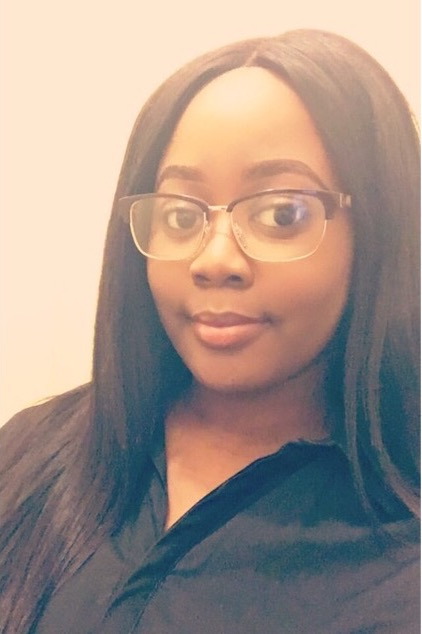
Tia Armstrong is an undergraduate Law student at the University of Manchester. She is an events co-ordinator for the Urban Lawyers Society, and works closely with meentees under the Pathways to Law Programme. She also has a blog for reviewing and discussing literature, and sharing her own creative content. Tia researched and wrote this article as part of her first year internship with YA Shot, with detailed advice and input from her second-year peer-mentor, Hadiyah Khan.
#we need diverse books#we need diverse ya#diversity#diversity in ya#ya#ukya#young adult#ya lit#young adult literature#ya books#young adult books#books#publishing#ya shot
2 notes
·
View notes
Link
0 notes
Text
The political power of YA
YA Shot intern Lucie Deacon explains how reading got her interested in politics:
“I hate to start on a downer, but given the current state of world affairs, it’s necessary. Sorry.
The world is plagued by political turbulence and uncertainty. Our newsfeeds are filled with a constant barrage of negativity, bias and fake news. If you’re anything like me, you’re probably doing your absolute best to ignore all of the above by immersing yourself in a good book, ideally one that promises to take you far away from the real world and all its problems. Yet it was exactly my ‘bury your head in a book and pretend it isn’t happening’ approach that sparked an interest in politics that I ever expected.
I mean, politics is for middle-aged, middle-class, white men, right? Full of monotonous, jargon-riddled speeches, it’s hardly surprising that so few young people are keen to get involved.
Over the last year, celebrities, bloggers and YouTubers aplenty have used their platforms to encourage us to vote and it worked. According to the BBC, voting turnout amongst 18 to 24-year-olds increased from 43% in 2015 to 54% in 2017. Whilst that’s amazing, it’s not enough. We’ve got to foster an interest in politics in young people that goes beyond ticking a box on a ballot paper every five years.
That’s where books come in – not just heavy textbooks explaining the ins and outs of political theory, but YA fiction.
Hold on, you ask, how can reading non-political books make me interested in politics?
Books, unlike politicians, don’t spew out empty slogans, making us tune out rather than tune in. Instead, YA writers tackle issues that are directly relevant to young people: tuition fees and unpaid internships, increasing house prices, social inequality and so on.
More importantly, writers do this in a way that appeals to our humanity. Chris Riddell, the former children’s laureate, has described books as ‘empathy engines’. Books make us step out of our personal experiences. As Riddell says: “they allow us to see through the eyes of others. By transporting us to other worlds, they help us to understand our own.”

This idea has been supported by studies at the New School for Social Research, which shows that “the empathy we feel for characters wires our brains to have the same sensitivity towards other people”. This research also suggests that fiction needs to be directly linked to the real world to be maximally effective in building empathy.
Writers have the power to wake us from our political apathy. For instance, after reading The Hate U Give by Angie Thomas, a novel inspired by the Black Lives Matter movement, I couldn’t help but be saddened and enraged by police brutality towards black Americans. The story of Khalil, an unarmed black teenager shot by a police officer, opened my eyes to aspects of white privilege that I had never considered before.
Reading The Hate U Give made race issues real to me in a new way. It made me realise that they are not something of the past, but a reality that many people still face every day. Without patronising me or preaching, Thomas convinced me that I have a responsibility to get involved, just as much as the people in power and those directly affected do. I tweeted, signed petitions and joined campaigns because of that book.
When we read, we imagine ourselves in the place of the characters, empathising with their problems. By making the political personal, such stories are often uncomfortable, yet their power to provoke an emotional response is crucial in getting us to think critically about our society. We need to change not just how minority groups are treated, but how politics works too. If we want to see real, positive change that works for everybody, then our generation must intervene, be it by campaigning, blogging, tweeting, or other means. Let’s make our voices heard!
We need a new generation of writers to get involved too, especially YA writers who are politically engaged and offer fresh perspectives on what’s going on. We need them to talk publicly about their work with young readers and discuss not only what drives them to write about political issues but how we too can get involved.
This is why YA Shot’s outreach programme, offering free writing workshops and talks to library-school partnerships, is invaluable. The 2018 festival programme is focused on human rights, so if you’re eager to learn more about what you can do to help change the world (or at least a little bit of it), join us on 14th April 2018.”
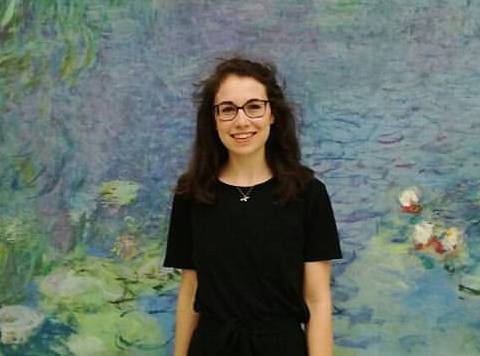
Lucie Deacon is in her third year of a French and Art History degree at Durham University. She is also working as a social media intern in a chateau in the Loire Valley and in her spare time she volunteers at book festivals. Lucy researched and wrote this article as part of her first year internship with YA Shot, with detailed advice and input from her second-year peer-mentor, Elinor Clark.
2 notes
·
View notes
Photo
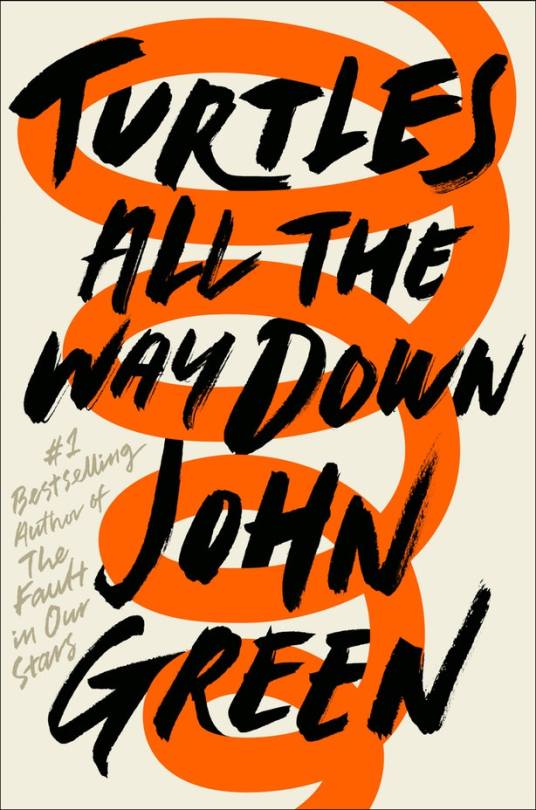
Turtles All the Way Down By John Green
10th October 2017 … Can’t Wait!!!
50 notes
·
View notes
Photo

Today Stripes Publishing is publishing A Change is Gonna Come, an anthology of YA short stories about change by authors from BAME backgrounds, in response to the lack of diversity in publishing. Ruth Bennett and Aa’Ishah Z Hawton share their experiences of working on it here.
0 notes
Photo
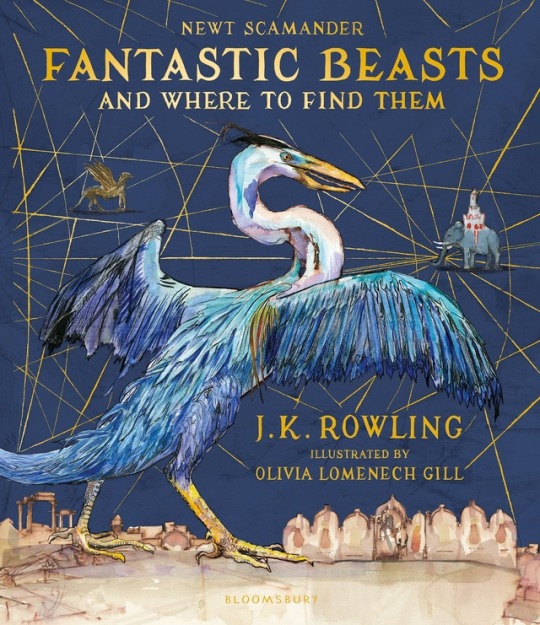
The cover for the illustrated edition of Fantastic Beasts and Where to Find Them is 😍😍😍
#Fantastic Beasts and Where to Find Them#Fantastic Beasts#j k rowling#harry potter#newt scamander#potterhead#olivia lomenech gill
13 notes
·
View notes
Text
YALC 2017 is almost here
We’re so excited to be going to YALC again this year!

The schedule has just been announced and it features our 2017 winner Orangeboy author Patrice Lawrence on a panel with fellow #YA10 shortlistee Alex Wheatle from 4pm on Friday as well as appearances from 2017 shortlistees Laure Eve, Lisa Heathfield, Martin Stewart, Peadar O’Guilin and Sara Barnard, and 2016 winner Sarah Crossan. Plus there are *loads* of other amazing YA authors speaking!
We’ve rounded up the schedule for the events on the main stage over the whole weekend for you here:
Friday
10-10.45am Collaboration Lucy Ivison & Tom Ellen; Katharine & Elizabeth Corr CHAIR: Melinda Salisbury
11-11.45am Heroines Melinda Salisbury, Alwyn Hamilton, Amy Alward, Laure Eve, Sophia Bennett CHAIR: Anna James
12-12.45pm Who Lives, Who Dies, Who Tells Your Story? Elizabeth Wein, Catherine Johnson and Juno Dawson CHAIR: Katherine Woodfine
1-1.45pm SFF Now Taran Matharu, Laura Lam, Elizabeth May, David Owen, Samantha Shannon CHAIR: Laure Eve
2-2.45pm Writing What You Know, Writing What You Don’t Know Alex Wheatle, Lisa Williamson, Rachael Lucas, Lisa Heathfield, Hannah Witton CHAIR: Katherine Webber
3-3.45pm Thrillers Kevin Brooks, Sophie McKenzie, Teri Terry, Emily Barr, Matthew Crow, Karen M. McManus CHAIR: TBC
4-4.45pm Prizewinners Alex Wheatle, Patrice Lawrence CHAIR: Caroline Carpenter, The Bookseller 5-5.45pm We Love Buffy Laure Eve, Alison Goodman, Non Pratt, Stefan Mohammed, Harriet Reuter Hapgood CHAIR: Katherine Woodfine Click here for the full schedule for Friday

Saturday
9.15-9.45am New Voices 1 Alice Broadway, Gemma Fowler, Carlie Sorosiack, Victoria James, Karen M McManus, Ed McDonald, Josh Martin, Hayley Barker CHAIR: Katherine Webber
10-10.45am Who runs the world? Tanya Byrne, Virginia Bergin, Clare Hennessy, Holly Smale CHAIR: Katherine Woodfine
11-11.45am Writing from real events Phil Earle, Julie Mayhew, Jason Wallace, Will Hill and ND Gomes Chair: Anna James
12-12.45pm Genre-bending V E Schwab, Ben Aaronovitch, Zen Cho, Martin Stewart, Dan Vyleta CHAIR: Samantha Shannon
1-1.45pm Unconventional romance Jennifer E Smith, Ayisha Malik, Patrice Lawrence, Paige Toon CHAIR: Lauren James
2-2.45pm E Lockhart CHAIR: Holly Bourne
3-3.45pm Myth, magic and fairy-tale Joanne Harris, Julia Gray, Laura Dockrill, Zoe Marriott, Deirdre O’Sullivan, Peadar O’Guilin CHAIR: Imogen Russell Williams
4-4.45pm Laini Taylor CHAIR: Katherine Webber
5-5.45pm The Books that Made Me Laini Taylor, Joanne Harris, V E Schwab CHAIR: Katherine Woodfine
Click here for the full schedule for Saturday

Sunday
9.15-9.45am New Voices 2 Anna Day, Catherine Barter, Penny Joelson, Simon James Green, Orlagh Collins, Karen Gregory, Cecilia Vinesse, Sarah Carroll, Harriet Springbett, Tamsin Winter CHAIR: Katherine Webber
10-10.45am Fandom Maggie Harcourt, Chris Russell, Rebecca Denton, Anna Day CHAIR: Lucy Saxon
11-11.45am Writing and Social Change Catherine Barter, Nikki Sheehan, Ryan Graudin CHAIR: Non Pratt
12-12.45pm Sarah Crossan & Brian Conaghan CHAIR: Phil Earle
1-1.45pm Life Advice Sara Barnard, Holly Bourne, Gemma Cairney CHAIR: Chelsey Pippin
2-2.45pm That Tricky Second Book AJ Grainger, Chris Russell, Moira Fowley-Doyle CHAIR: Catherine Doyle
3-3.45pm Patrick Ness CHAIR: Juno Dawson
Click here for the full schedule for Sunday
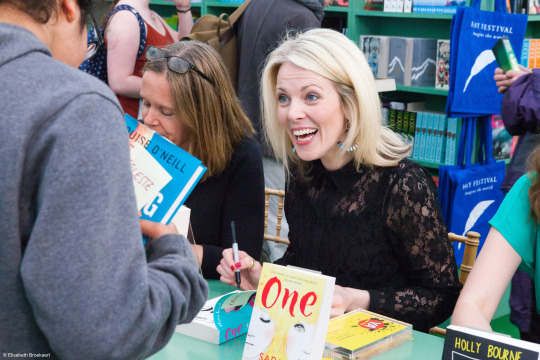
Another amazing line-up, we can’t wait! Are you going to YALC this year?
#YALC#young adult literature convention#ya#ukya#young adult#books#patrick ness#e lockhart#sarah crossan#laini taylor#patrice lawrence#alex wheatle#sara barnard#holly boutne
0 notes
Video
youtube
Watch our YA Book Prize shortlisted authors at our Hay Festival event and Patrice Lawrence’s winning speech.
#YA Book Prize#ya10#patrice lawrence#ukya#ya#young adult#books#malorie blackman#alex wheatle#martin stewart#francesca simon#laure eve#peadar o'guilin#clare furniss#lisa heathfield#sara barnard
0 notes
Photo
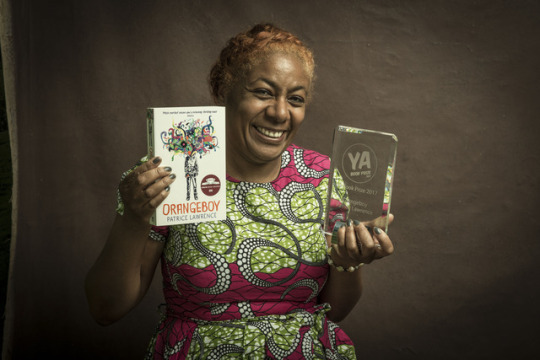
Patrice Lawrence talks to us about winning the YA Book Prize 2017 and why representation in YA is important here.
#patrice lawrence#orangeboy#ya book prize#ya10#diversity#representation#we need diverse books#ukya#ya#young adult#books
2 notes
·
View notes
Photo

Patrice Lawrence has won the YA Book Prize 2017 for her “accomplished” and “page-turning” debut novel, contemporary urban thriller Orangeboy.
Orangeboy, which is published by Hodder Children’s Books, tells the story of 16-year-old Marlon, who finds himself facing tough choices after a date ends in tragedy. Despite not wanting to follow his older brother Andre down the wrong path, Marlon gets caught up in London’s gang culture and things soon start to spiral out of control.
Patrice was given her £2,000 award in a ceremony at the Hay Festival on Thursday1st June, hosted by radio presenter and author Gemma Cairney.
Author Melvin Burgess, one of the prize judges, said: “Orangeboy ticked so many boxes for so many of the judges. It’s a page-turning thriller. The characters and their relationships are truthful, delightful, surprising and strong. It was so refreshing to read something set in an urban black community that will appeal to a diverse UK readership. It deals with family, friendship, sex appeal, loyalty and generally being human. It is so accomplished and we all really feel there is something there for everyone.”
Congratulations Patrice!
Find out more here.
#Patrice Lawrence#Orangeboy#ya book prize#ya10#ya#ukya#young adult#books#ukya books#ya books#young adult books
1 note
·
View note
Photo
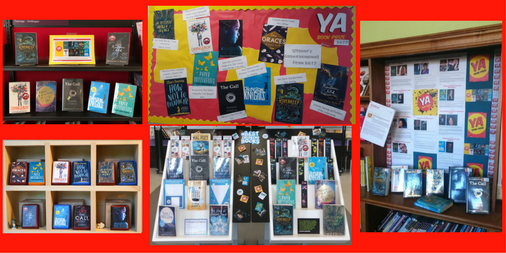
Thanks to everyone who has supported the YA Book Prize this year!
Here are some of the amazing displays dedicated to the 2017 shortlist (clockwise from left):
Abertridwr Library in Caerphilly
Samworth Church Academy in Mansfield
King Edward VI High School for Girls in Birmingham
Bargoed Library in Caerphilly
Zoe Toft’s chocolate library
We love you all <3

0 notes